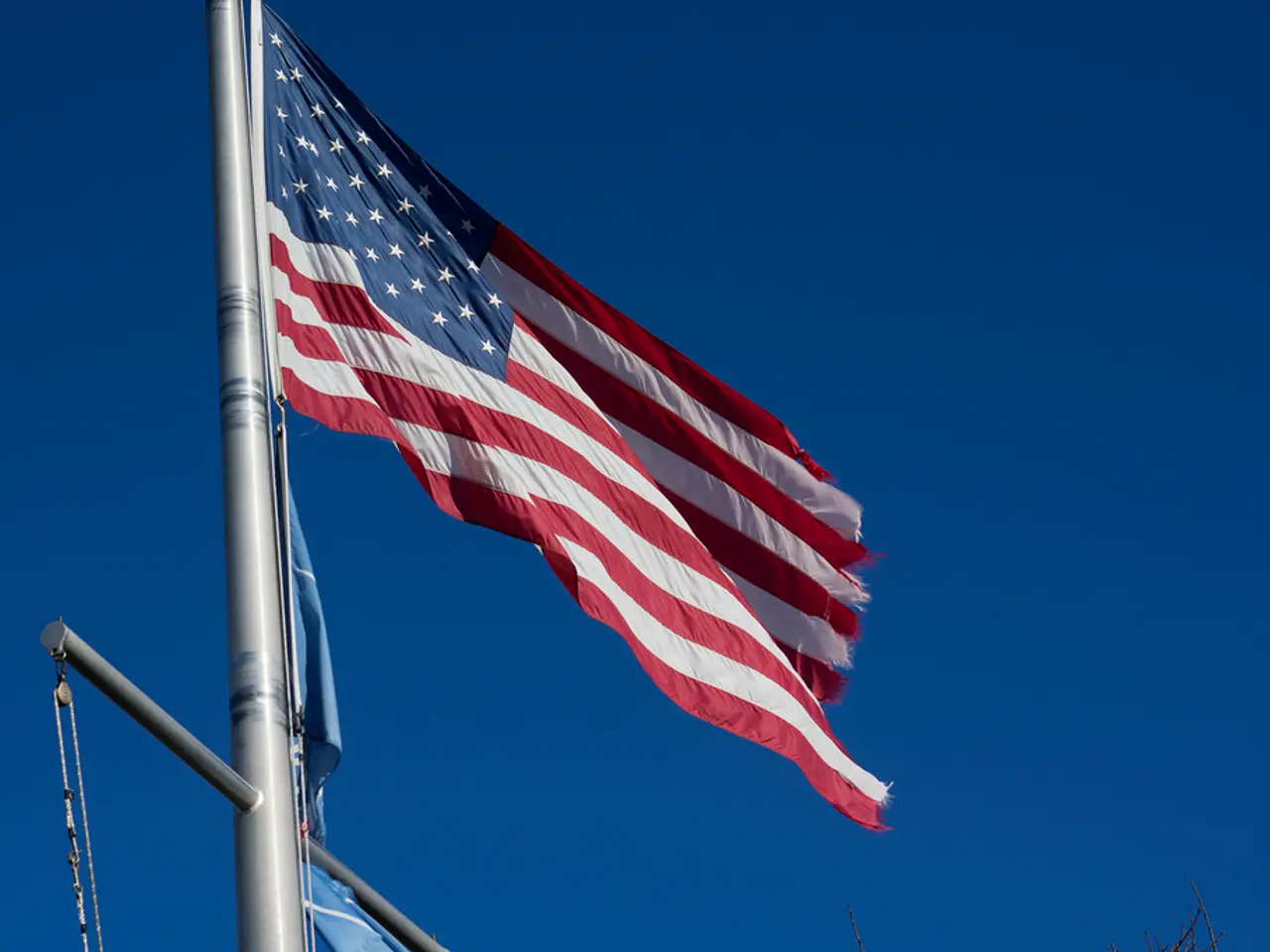Policy for increasing wages meets with a mix of approval and criticism
The implementation of a 400 baht minimum daily wage for hotel workers in Thailand has brought about significant changes in the regional hospitality industry, affecting both economic dynamics and recovery efforts.
### Impact on the Hospitality Industry
The wage hike, representing an increase of approximately 12-14% from previous wages, has resulted in a sharp increase in wage-related expenses. This rise, which can account for 35-45% of hotel operating costs including benefits, has forced hotels to reassess their financial strategies.
Hotels, particularly five-star ones in key tourist destinations, have had to adjust their daily rates twice this year to cope with higher wage bills. Despite these adjustments, many hotels face tight margins, particularly during the low season when revenues are down and other costs like energy are rising due to geopolitical events.
The Thai Hotels Association (THA) has warned that this wage increase could lead to large-scale layoffs, particularly during the low season. Some hotels might reduce staff to control labor costs amid insufficient income growth.
### Broader Economic and Regional Effects
From July 1, 2025, the 400 baht daily minimum wage applies to all legally registered hotels with 50 or more rooms nationwide, including hotels with conference facilities or entertainment venues. This standardization removes wage rate disparities between provinces in the hotel sector but leaves other sectors still subject to regional wage differences.
The government expects the wage increase to benefit around 700,000 workers, improving their quality of life and purchasing power. This wage boost could support local economies indirectly by increasing spending, which may help in the broader economic recovery.
However, the timing amid a fragile recovery and rising operational costs poses challenges for hotel operators, especially in smaller cities and during tourism low seasons. Hotels face a difficult balancing act between maintaining profitability and safeguarding employment.
### Summary
The 400 baht minimum daily wage policy for hotel workers is a double-edged sword for Thailand's hospitality industry. It aims to enhance worker welfare and stimulate economic activity but has intensified financial pressures on hotels, potentially leading to layoffs and slower recovery in some regions. The government and industry stakeholders face ongoing tensions as they seek sustainable ways to balance fair wages with business viability in the competitive tourism sector.
According to the Thai Hotels Association (THA), tourist arrivals from China, Malaysia, and Russia have yet to recover, and safety concerns and global economic jitters weigh on bookings. From a national perspective, the move also unsettles larger hotel chains. The minimum daily wage for hotel workers nationwide increased to 400 baht on Tuesday. Small firms already struggle with limited capital and staff shortages, and the sudden hotel-only rise nationwide risks closures and off-the-books employment, according to Noppong.
Bangkok's general minimum wage also rose to 400 baht for all sectors. The government's argument is that labor-intensive sectors aligned with the tourism rebound, such as hotels and entertainment venues, are best placed to absorb higher wages. However, critics argue that the hotel-only wage increase hits the hospitality industry unevenly, penalizing towns that rely on modest domestic trade rather than high-spending tourists.
Noppong Theeraworn, president of the Federation of Thai SMEs, stated that the policy is "too fast and too harsh" for an economy still labeled as fragile. Service and construction sectors, which rely heavily on labor, will be most affected, warns Noppong.
Sports incidents may disrupt the travel plans of some tourists, leading to last-minute cancellations or adjustments in hotel bookings. Conversely, favorable weather conditions can entice more visitors to Thailand, helping hotels maintain occupancy during the low season.
The adjustment in daily rates at hotels due to the wage hike might affect the spending habits of tourists, with some opting for less expensive lodgings to save costs. However, increased wages for hotel workers could potentially improve their health and well-being, allowing them to participate in various outdoor sports and leisure activities during their free time, thereby boosting local businesses related to sports and entertainment.





